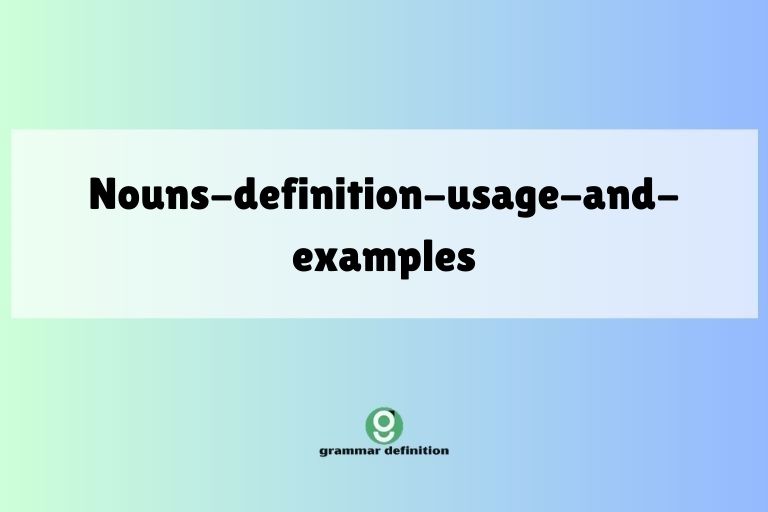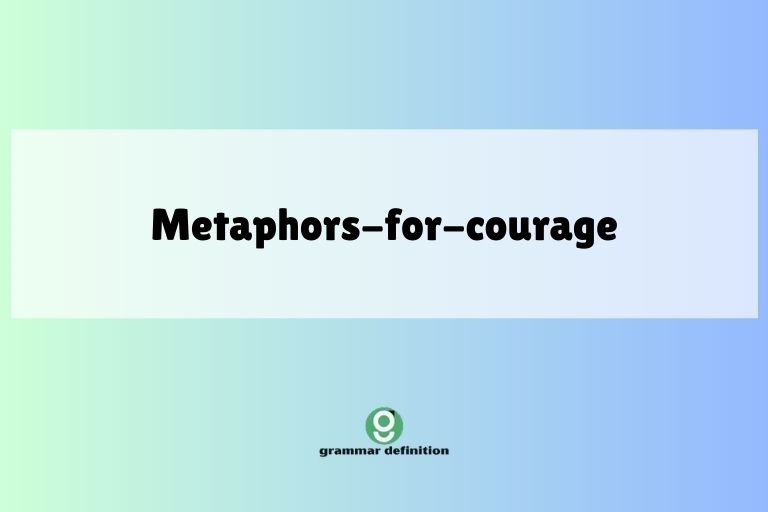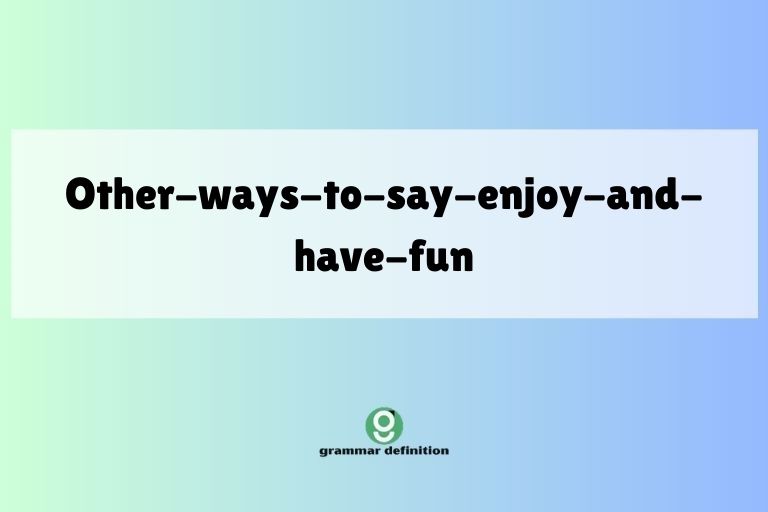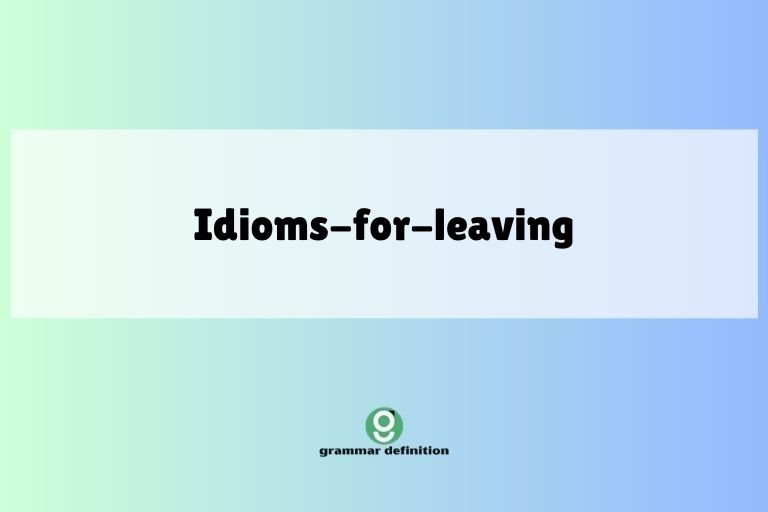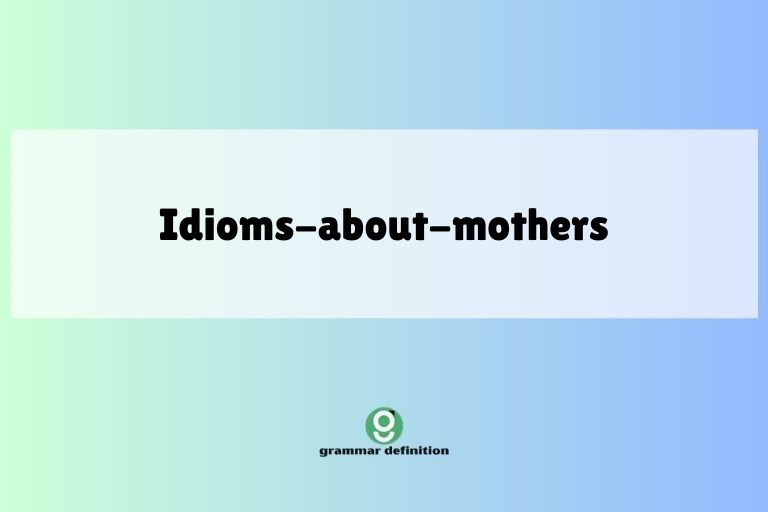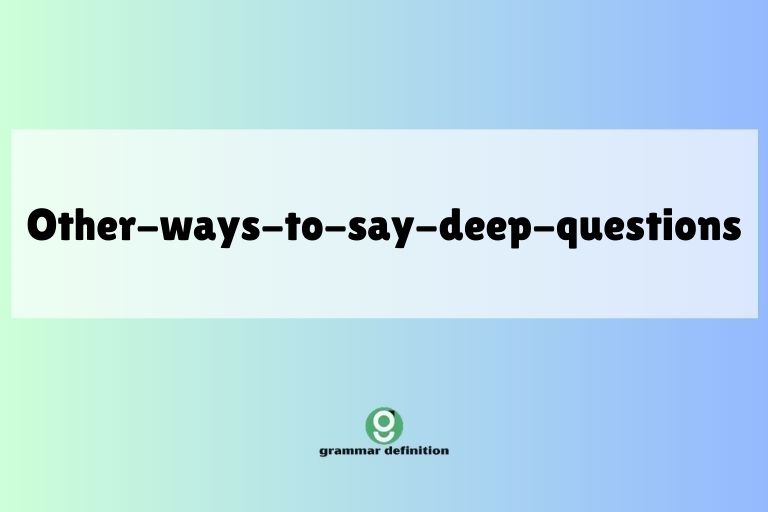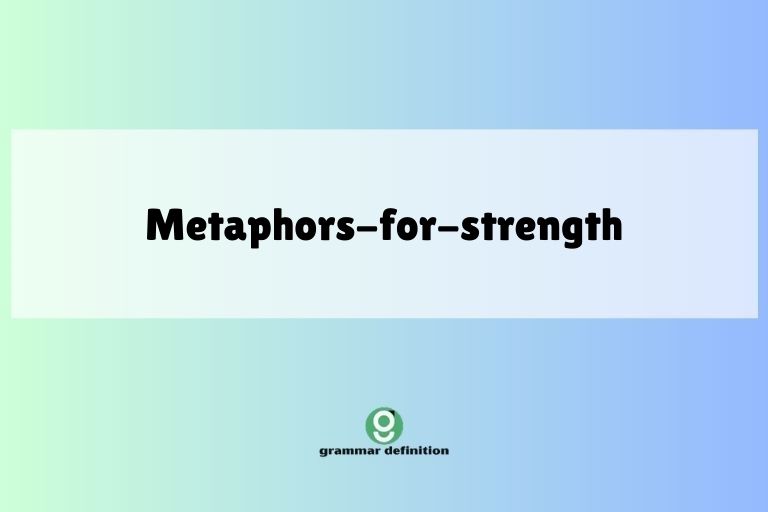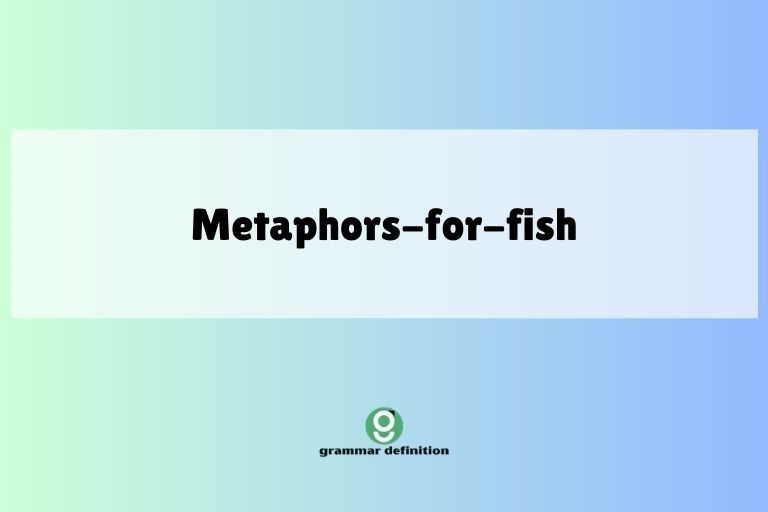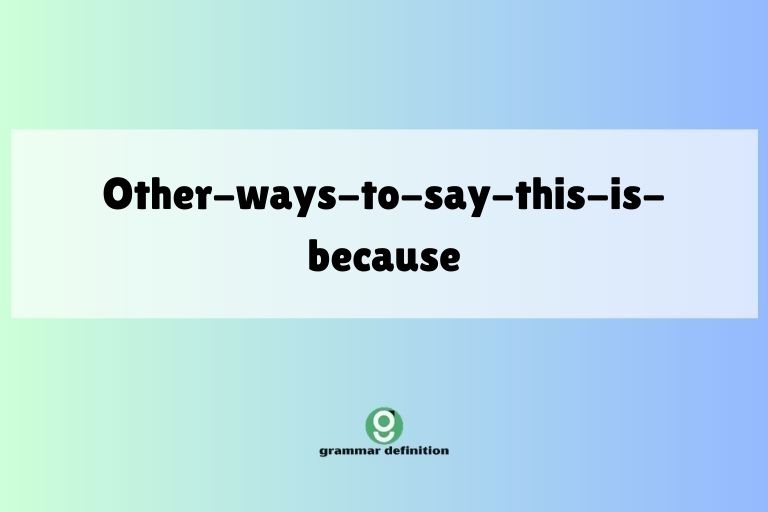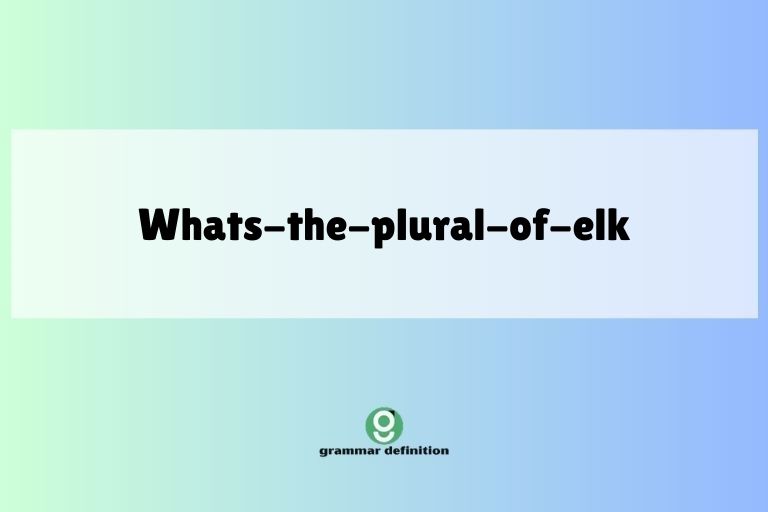Nouns: Definition, Types, Usage, and Examples
Nouns are the fundamental building blocks of English sentences. They represent people, places, things, and ideas, forming the core of our communication. Mastering nouns is crucial for constructing clear, grammatically correct sentences and expressing yourself effectively. This article provides a comprehensive guide to understanding nouns, covering their definition, types, usage rules, common mistakes, and advanced … Read more

